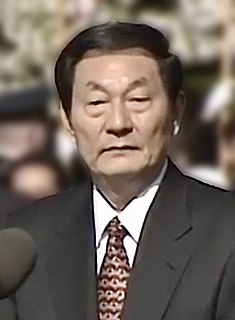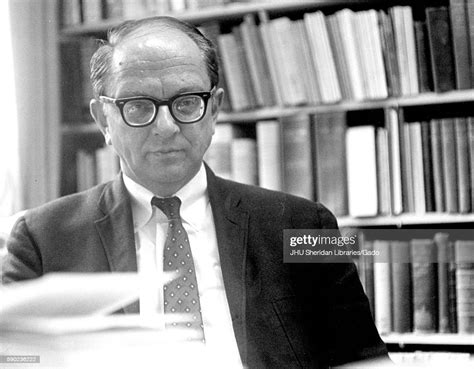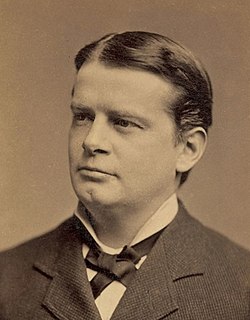A Quote by Jonathan Raban
No president has come near to rivaling Lincoln as a writer.
Related Quotes
Until the early 90s, when I was working on a project about the idea of free will in American philosophy. I knew that Lincoln had had something to say about "necessity" and "fatalism," and so I began writing him into the book. In fact, Lincoln took over. I wrote instead 'Abraham Lincoln: Redeemer President,' in 1999, and I've splitting rails with Mr. Lincoln ever since. If there's a twelve-step process for this somewhere, I haven't found it yet.
Abraham Lincoln did have intellectual instincts, a tremendous curiosity on a broad range of subjects, and a near-photographic memory for what he read. He was, at the end of the day, a politician: politics were his heaven, said William Herndon. But Lincoln did take comfort in ideas and books, more so than almost any other president, and he went to books and ideas in moments of perplexity to sort things out. Philosopher, no, but thoughtful and "surprisingly well-read" for his day.
I am asked often about Abraham Lincoln's mistakes and faults; he certainly made some mistakes. I have chapter in President Lincoln about the Powhatan affair that was a royal screw-up in the early days - right alongside the Sumter affair. Lincoln signed letters he should not signed, and the ship was sent to two places at one under two captains etc. Fortunately, no great harm. Lincoln took the blame and did not do anything like that again.
One of the glories of doing the book So You Want to Be President? was the shifts in tone, where I was able to be humorous and then very serious. And the impeachment page is certainly the best example of that. I didn't have to think too much about how to present this one. I got the idea right away that a good way of showing the shame of President Nixon would be to put him down in the shadows under the Lincoln Monument, with Lincoln sort of glaring down at him from an elevated, better-lit position.
No president in history has been more vilified or was more vilivied during the time he was President than Lincoln. Those who knew him, his secretaries, have written that he was deeply hurt by what was said about him and drawn about him, but on the other hand, Lincoln had the great strength of character never to display it, always able to stand tall and strong and firm no matter how harsh or unfair the criticism might be. These elements of greatness, of course, inspire us all today.
Abraham Lincoln was asked by an aide about the church service he had attended. Lincoln responded that the minister was inspired, interesting, well-prepared, eloquent and the topic relevant. The aide said, “Then it was a good service?” Lincoln responded, “No.” The aide protested, “But, Mr. President, you said that the minister was inspired, interesting, well-prepared, eloquent, and that the topic was relevant.” “Yes,” replied Lincoln, “but he didn’t challenge us to do any great thing.






































